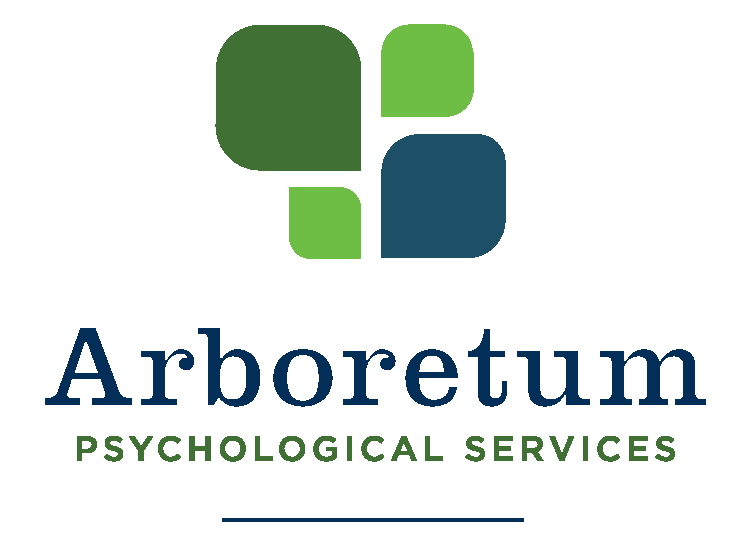What Can I Expect in Therapy?
Although each psychologist at
Arboretum Psychological Services is
independent and solely responsible
for the care provided, there are
some general approaches common
to each of our practices.
The process of treatment begins with an intake during which you discuss your concerns, goals for therapy, and treatment recommendations. Although the intake process can sometimes span several sessions, a sense of fit with the provider is usually evident early in the process.
When working with children, parents are involved in at least some of the therapeutic work. The psychologist may include you in some or all of the sessions with your child. Periodic parent-only sessions are often included in order to revisit therapy goals, assess progress, and target parenting skills.
When working with adolescents, it is common for most sessions to be spent exclusively with the teen. However, even when working with teens, parent involvement can be critical in order to support therapy goals, improve parent-teen communication, and reduce conflict.
Each psychologist has her own unique set of skills, education, and training. The types of therapy techniques employed by a psychologist vary depending on the referral issues, level of engagement and motivation of the client, and treatment goals.
Therapy has the potential to yield many positive outcomes, such as improved relationships, relief from distressing symptoms, improved emotion regulation and coping skills, and better school performance. Your child may need to complete “homework” outside the therapy office between sessions in order to optimize therapy success.

